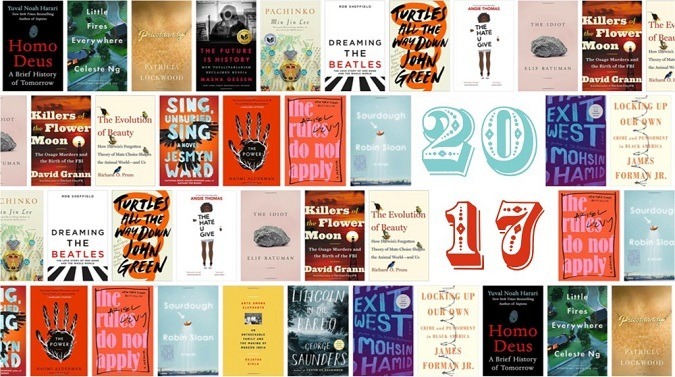Posts Tagged ‘reading’
Time for a universal “exercise prescription” for kids and adults to boost cognition and mental health?
Welcome to a new edition of SharpBrains e‑newsletter, featuring this time a range of brain research findings, tools and controversies plus some brain teasers to challenge your (and our) working memory. #1. Major evidence review supports an “exercise prescription” for most adults to boost mental health “Higher intensity physical activity was associated with greater improvements”…
Read MoreOn cutting “empty brain calories” by reading a book instead of social media
Stop doomscrolling on social media and read a book (Fortune): 2020 is the year I decided to cut back on empty brain calories. That’s right, I swore off the mindless junk from social media. Because we are all likely to conduct more and more doomscrolling as the election nears and 2020 continues its infamy, I…
Read MoreUpdate: Repetitive negative thinking may increase (or perhaps be caused by) Alzheimer’s pathology
Time for a new edition of SharpBrains’ e‑newsletter, featuring this month 13 research findings, resources and brain teasers for lifelong brain and mental health. #1. “We found that people who exhibited higher repetitive negative thinking patterns experienced more cognitive decline over a four-year period. They also had specific declines in memory (which is an early sign…
Read MoreReading science fiction can help children build critical thinking and resilience
Young people who are hooked on watching fantasy or reading science fiction may be on to something. Contrary to a common misperception that reading this genre is an unworthy practice, reading science fiction and fantasy may help young people cope, especially with the stress and anxiety of living through the COVID-19 pandemic. I am a…
Read MoreWill self-driving vehicles lead to a surge of brain training?
Brain training may be required for occupants of driverless vehicles (Traffic Technology): “A much-touted perceived benefit of autonomous vehicle technology is that working and a variety of leisure activities could be performed during the time freed up from being behind the wheel. However,
Read MoreEight Tips To Understand and Remember What You Read — Especially As You Read Nonfiction
___ Despite Instagram, YouTube, Facebook, Twitter, and television, (or perhaps precisely because of all of them) traditional reading is still an important skill. Whether it is magazines, professional manuals or fascinating books, people still need to read, now and in years ahead. And much of it is nonfiction material, where it’s important to really understand…
Read More




